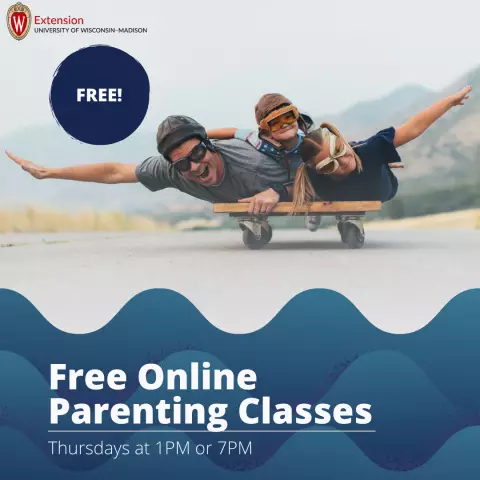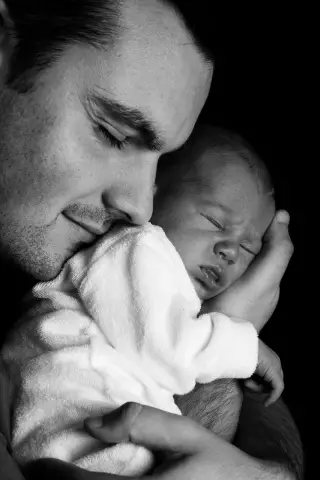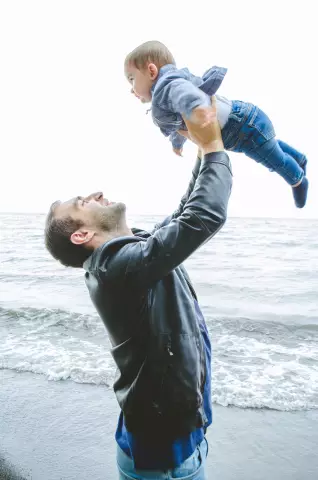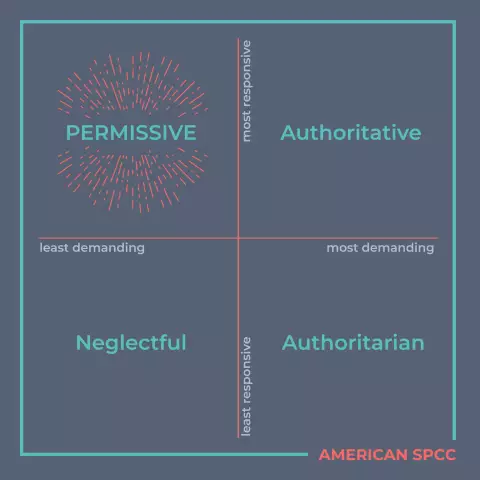- Author Rachel Wainwright wainwright@abchealthonline.com.
- Public 2023-12-15 07:39.
- Last modified 2025-11-02 20:14.
Forms of parenting
The form of upbringing is understood as the established image of interaction between the teacher and children. It is characterized by a combination of means and methods that are different for all teachers and determine the individuality and uniqueness of the educational process.

Classifications of forms of education of preschool children
Education is a whole complex of techniques, techniques and forms of interaction between a teacher and children. The form of upbringing children depends on its content, goals, methods and determines the embodiment of the conceived ideas in a specific case. The specific pedagogical situation determines the form of interaction. The classification of upbringing forms is based on a single defining feature.
By the number of participants in the process, the following forms of education can be distinguished:
- Group - several participants are in direct contact with each other (for example, a circle, a preschool group of a kindergarten);
- Individual - two participants: teacher and child (conversations, classes);
- Mass - a large number of participants, including teachers (for example, several kindergartens, a district, the whole country hold events in the form of processions, holidays, conferences, etc.).
Forms of upbringing children by the main type of activity:
- Cognitive;
- Physical culture and health;
- Labor;
- Public Benefit;
- Aesthetic;
- Value-orientation.
The forms of upbringing children by the method of influence can be divided into:
- Practical - in the form of hikes, competitions, subbotniks, excursions, etc.
- Verbal - gatherings, meetings, conferences, rulers, radio magazines, etc.
- Visual - exhibitions, showcases, wall newspapers, stands, museums, etc.
The teacher can influence preschoolers with experience, word, play, work or psychological exercises.

Forms of physical education of children
Physical education is a very important component of a child's development. Physical education strengthens the health of children, and through physical activity, you can achieve pedagogical goals.
The forms of physical education of preschool children can be divided into:
- Physical education between classes;
- Morning exercises;
- Outdoor activities while walking;
- Outdoor games;
- Hardening combined with physical exercise;
- Individual work with a child;
- Organized independent activity of the child;
- Active rest for preschoolers;
- Excursions and hikes.
Any form of upbringing of preschool children pursues several goals at once - to strengthen their musculoskeletal system and make them stronger, to learn how to follow the instructions of the teacher. Physical education also has a beneficial effect on the speed of mental work of children, their memory, imagination, attention and coordination improve.
The form and content of physical exercise are interrelated. If you need to conduct a cognitive event with elements of physical exercise, then it is better to do this in class while walking in the fresh air.
It is important to compose physical education classes in accordance with the characteristics of the psychological development of the child at a given age, as well as his ability to perform some types of exercises.
Children will be interested in engaging and fun exercises, and positive emotions are the main condition for learning their movements. Being interested increases physical activity even in sedentary and inert children. It is important to use in physical education those forms of education that will be of interest to the preschooler.
Found a mistake in the text? Select it and press Ctrl + Enter.






